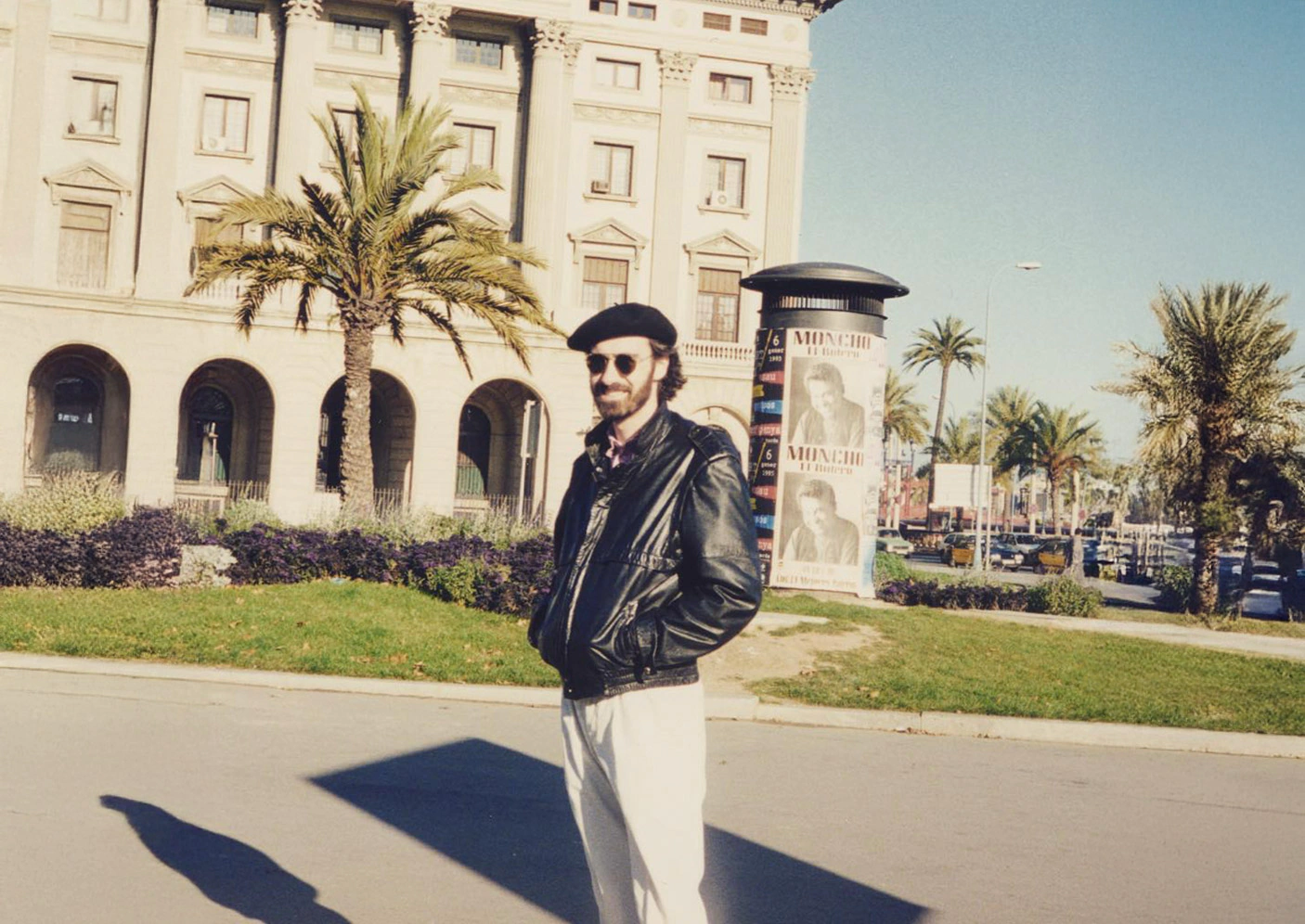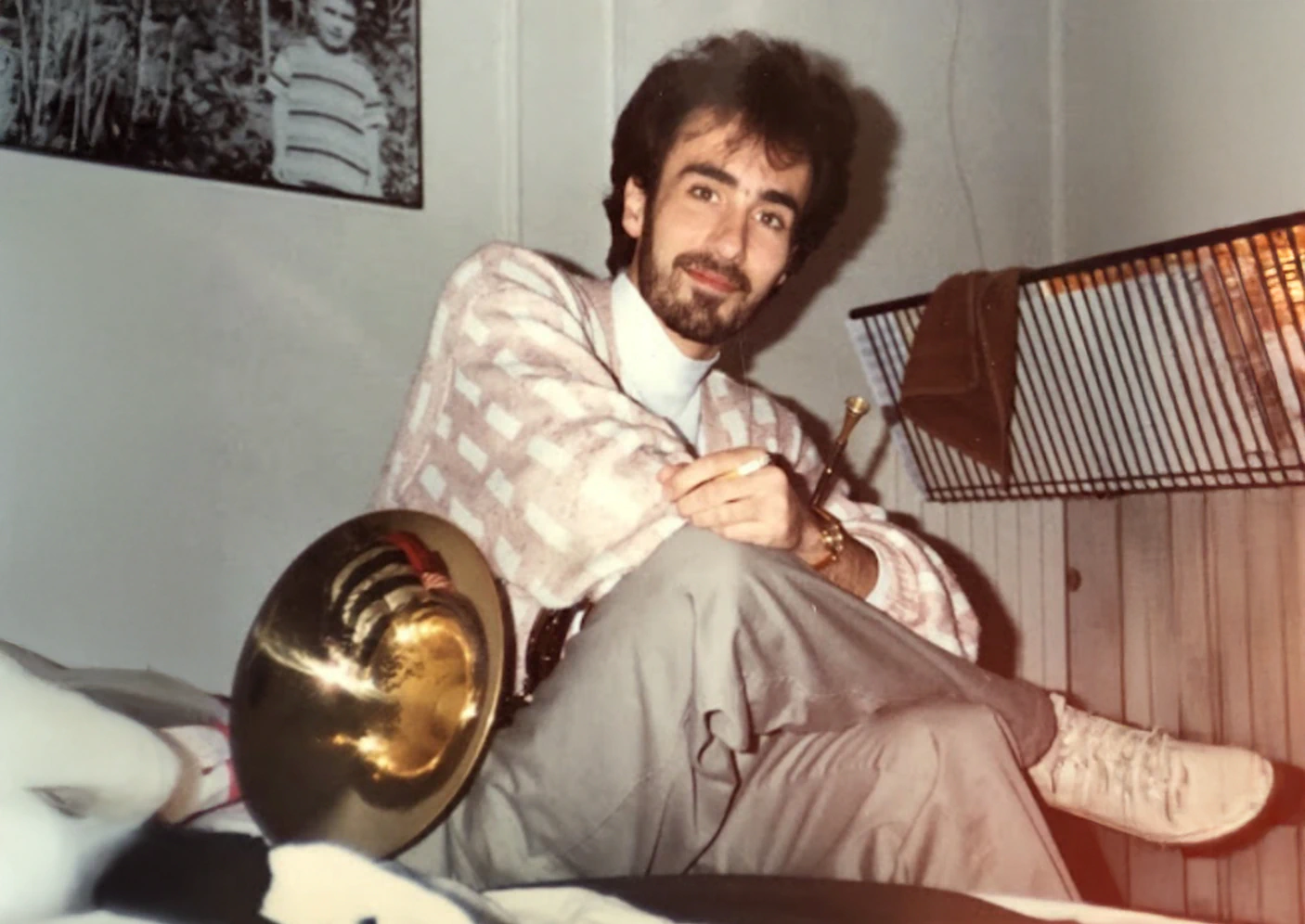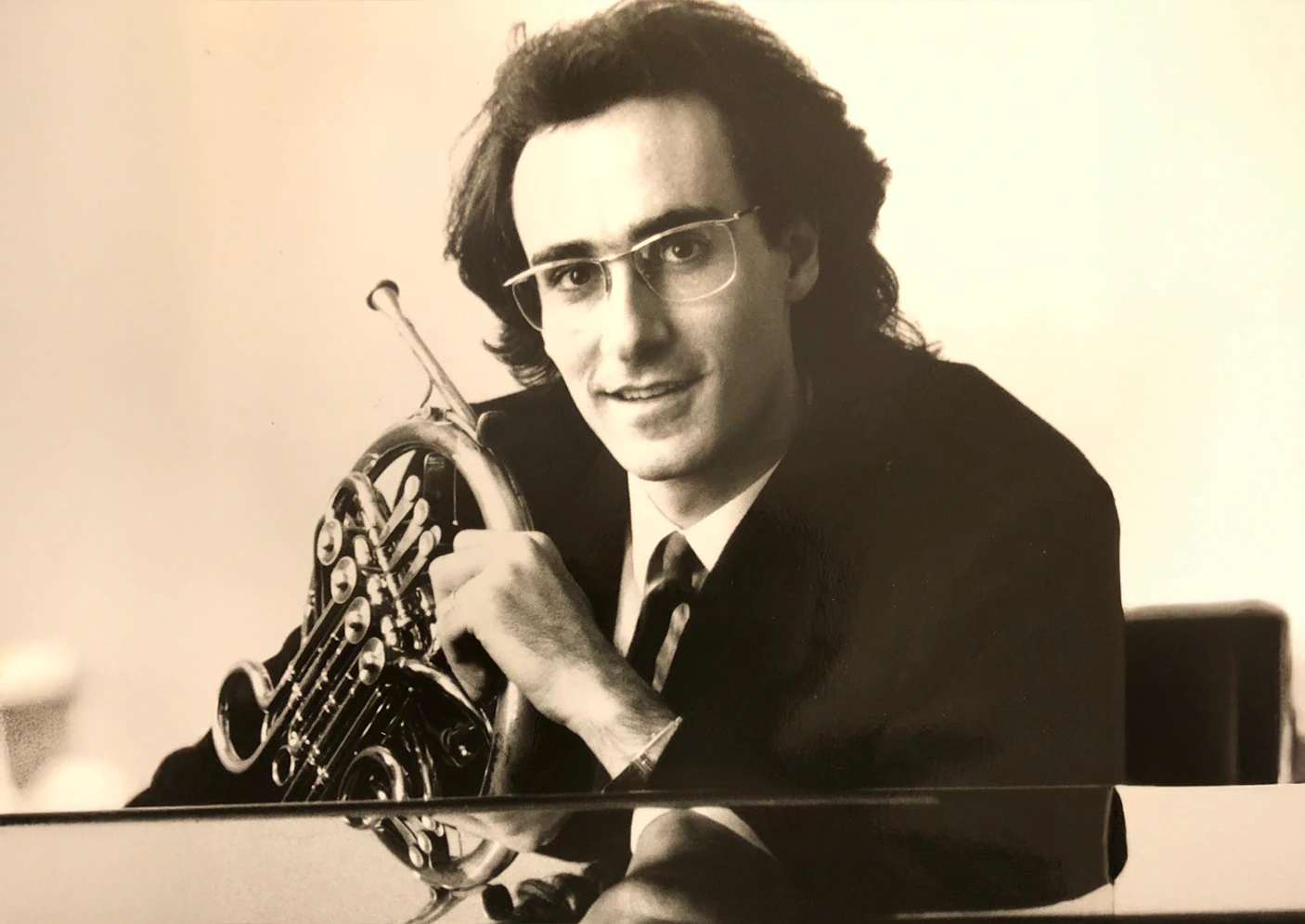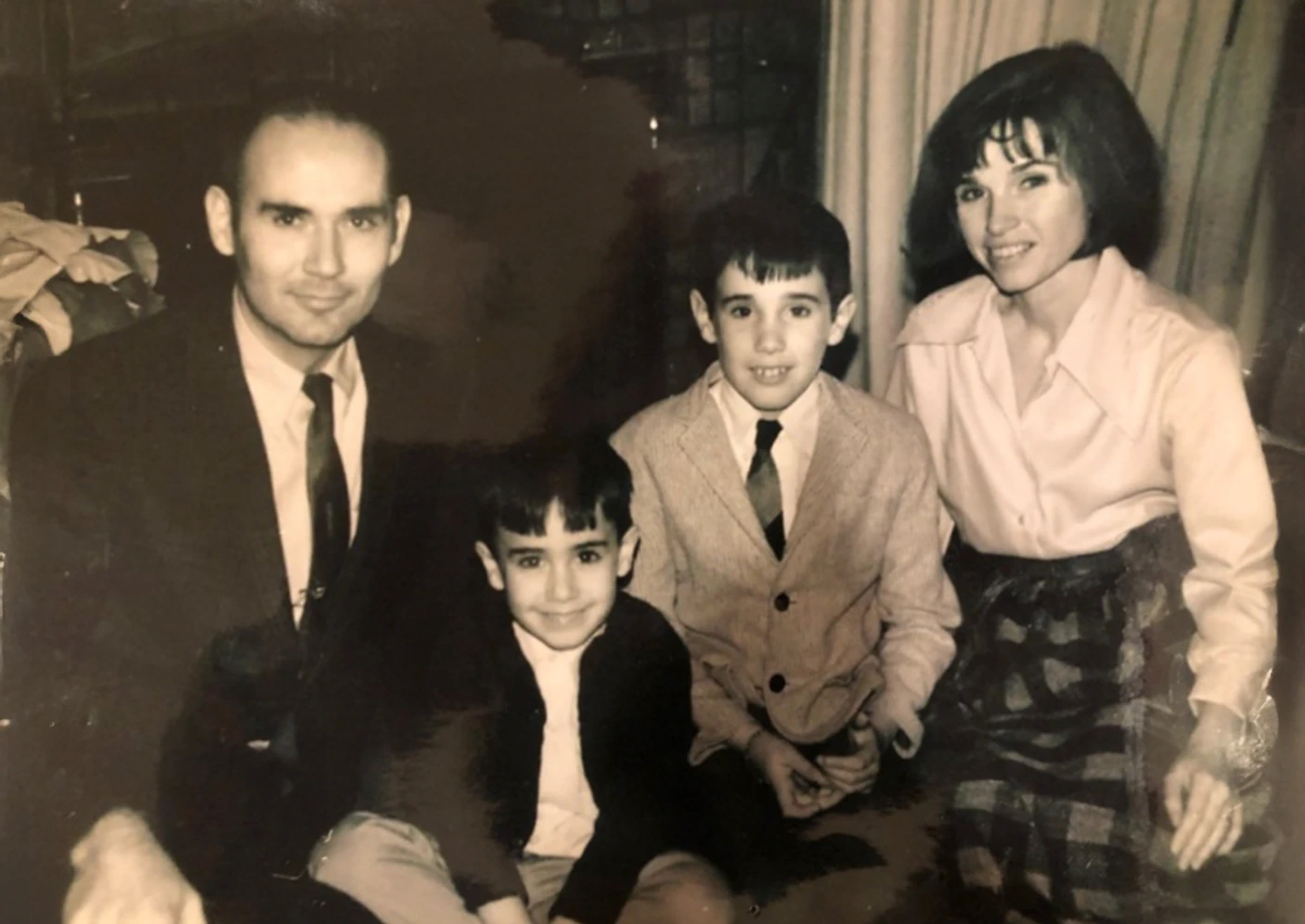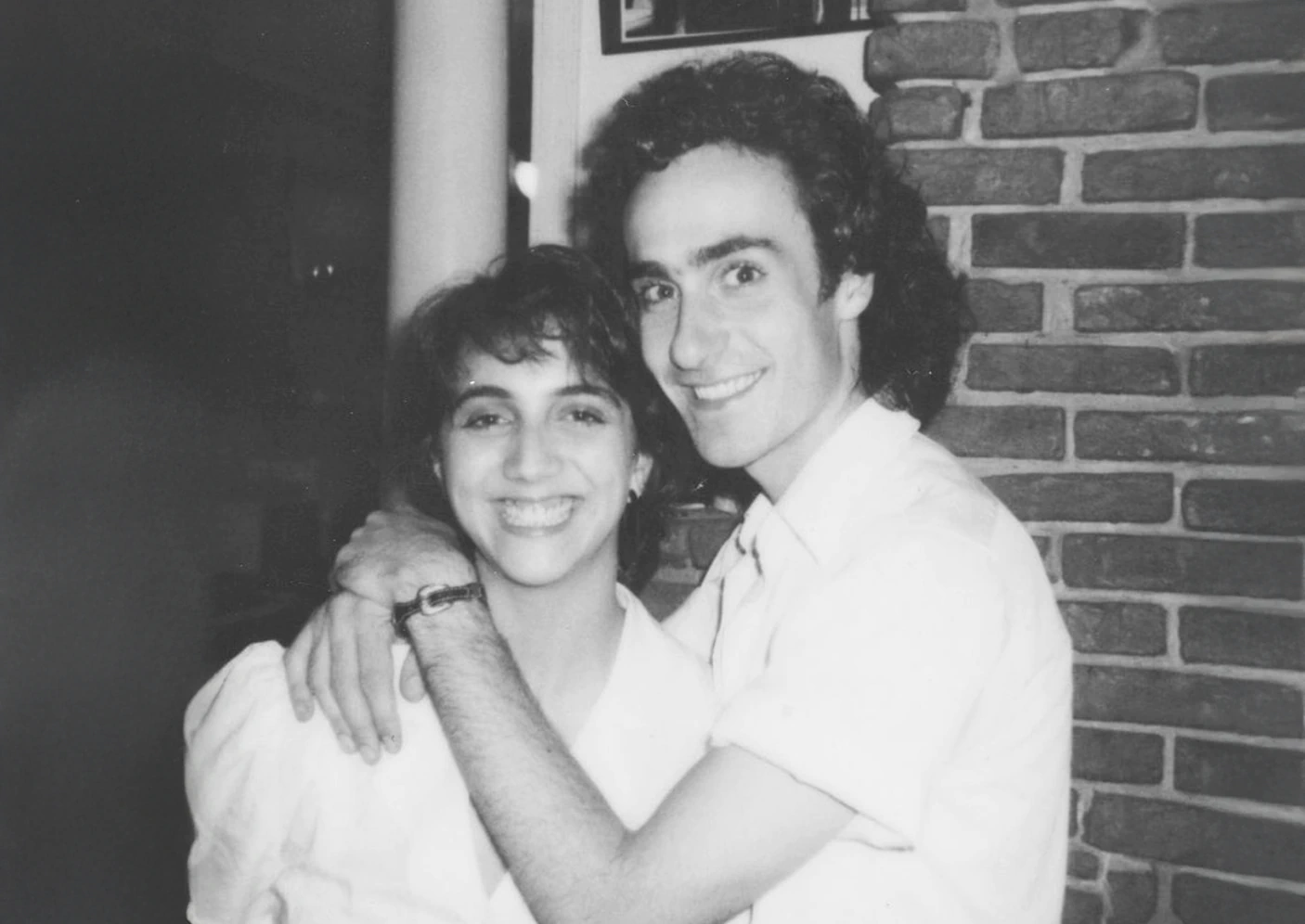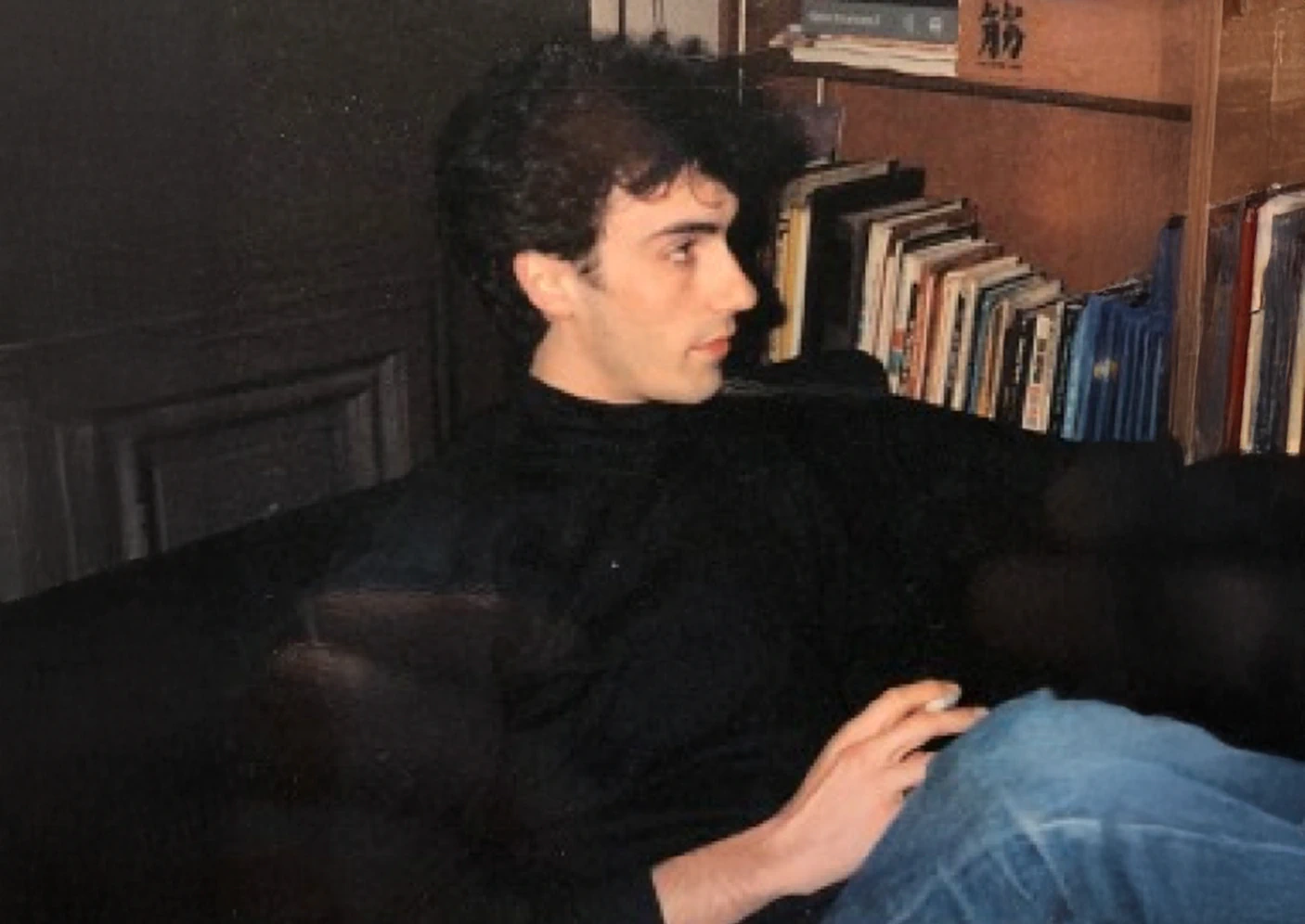Who is Dr. Arthur Brooks?
Professor at Harvard University
Where I teach at the Kennedy School and the Business School.
NYT Bestselling author
Of From Strength to Strength and Build the Life You Want (with Oprah Winfrey), and 13 other books.
National Columnist
At The Atlantic, where I write my “How to Build a Life” column—my essays have recently been compiled into a book called The Happiness Files.
International Keynote Speaker
Sharing insights with everyone ranging from CEOs of Fortune 500 companies to thought leaders, universities, and faith-based leaders.
Former President of a Global Think Tank
I led the American Enterprise Institute for a decade, focused on public policy, culture, and human flourishing.
And Most Importantly of All...
A lifelong student of the science of happiness and love, as well as a husband, father, grandfather, and Catholic.
Before all those accolades, I dropped out of college to play the French horn in Barcelona.
I didn’t take the traditional route through academia.
At 19, I walked away from college to become a professional French horn player. That decision led to me playing on stages across Europe with the City Orchestra of Barcelona—and also to my wife Ester.
But even as I lived out that dream, I couldn’t shake the deeper questions. So I started studying again; in hotel rooms, on buses, between rehearsals ... slowly piecing together my undergraduate degree through distance learning.
It was an unorthodox path. But it taught me what no straight-line education ever could:
You don’t have to do life in the “right” order to build a meaningful one.
I’m not naturally happy. That’s why I know this works.
Like so many others, happiness hasn’t come easy for me. I’ve started a lot more days with a frown than a smile.
Happiness isn’t my natural disposition. I’ve learned how to get happier—through science, faith, and daily practice. I even track my happiness on a spreadsheet.
Happiness is never a “done” job. It is a bit like hygiene—you can’t do it once and stay clean forever.
This is what happiness looks like for me. What does it look like for you?
.webp)
Satisfaction
Satisfaction isn’t about having everything I want. It’s about wanting what I have.
It’s not about achieving a goal, but making progress toward one each day and enjoying the process.
And satisfaction means understanding my sacrifices and struggles as part of that process as well.
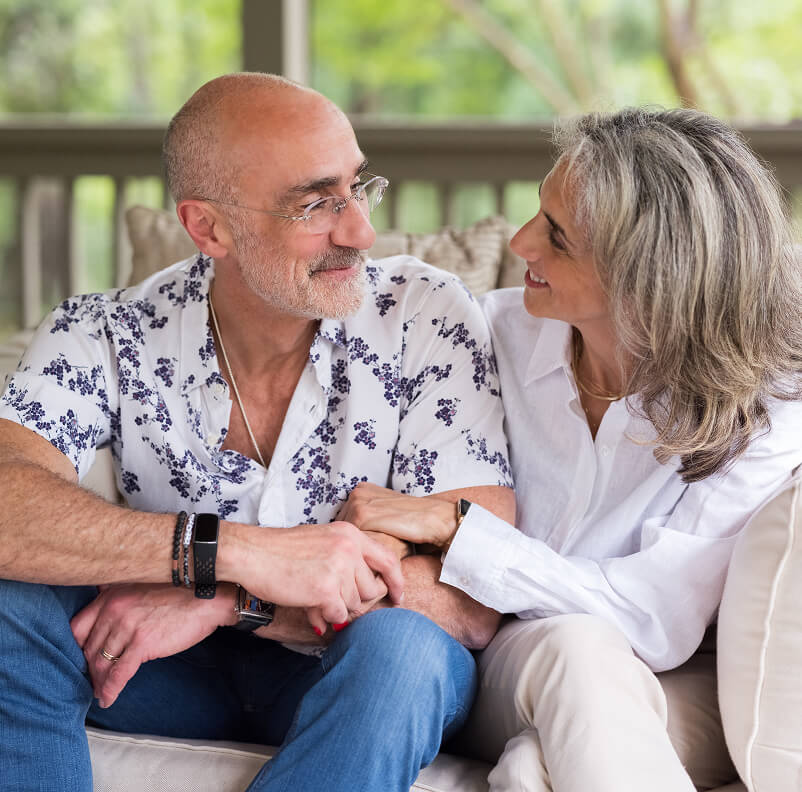
Enjoyment
Quality time with my wife, kids, and grandkids gives me an immense sense of enjoyment. That’s because enjoyment is more than pleasure: It involves people and memory.
I look for enjoyment by spending time doing what I love–listening to music, discussing ideas, goofing around–with the people I love most.
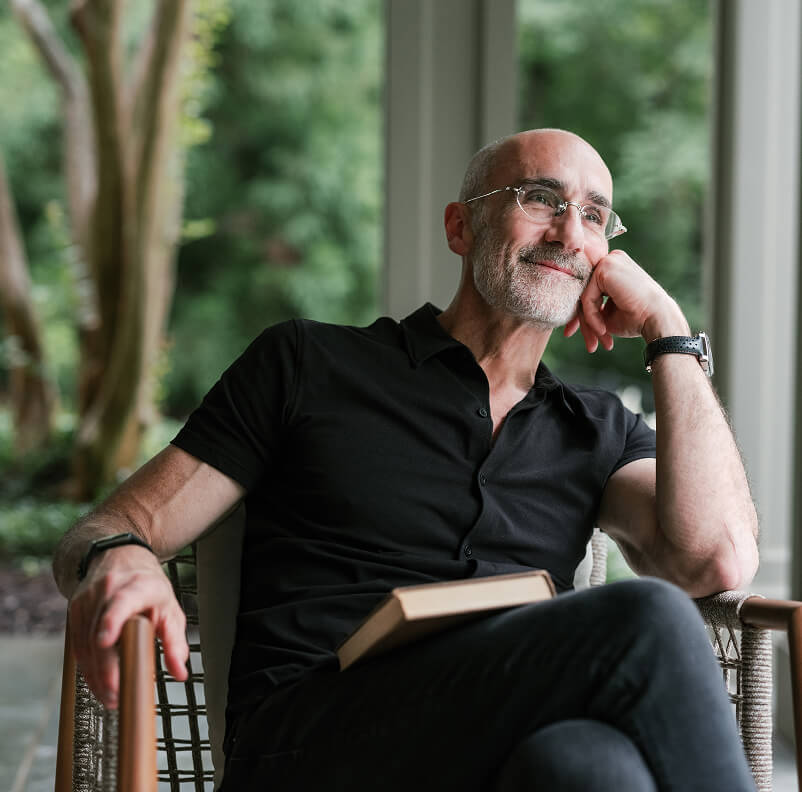
Meaning
Meaning is the why of my life: The reason I am alive, and that for which I would give my life as well.
For me, this is my faith as a Catholic, my family, my friends, and my country.
Other people have a different why, and that’s great. But happiness requires knowing what that is, and living according to it.
